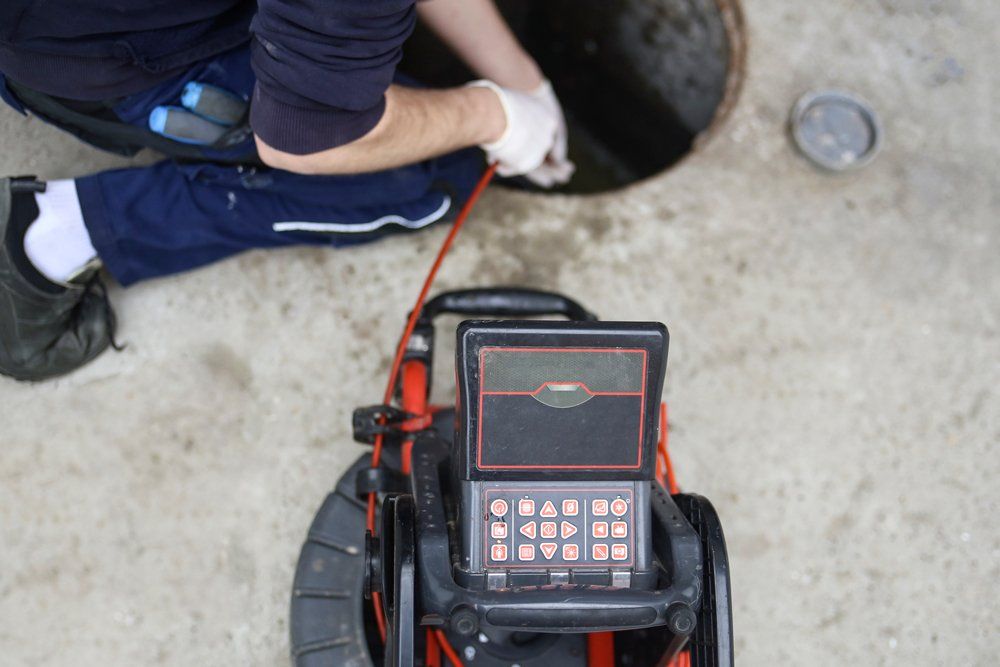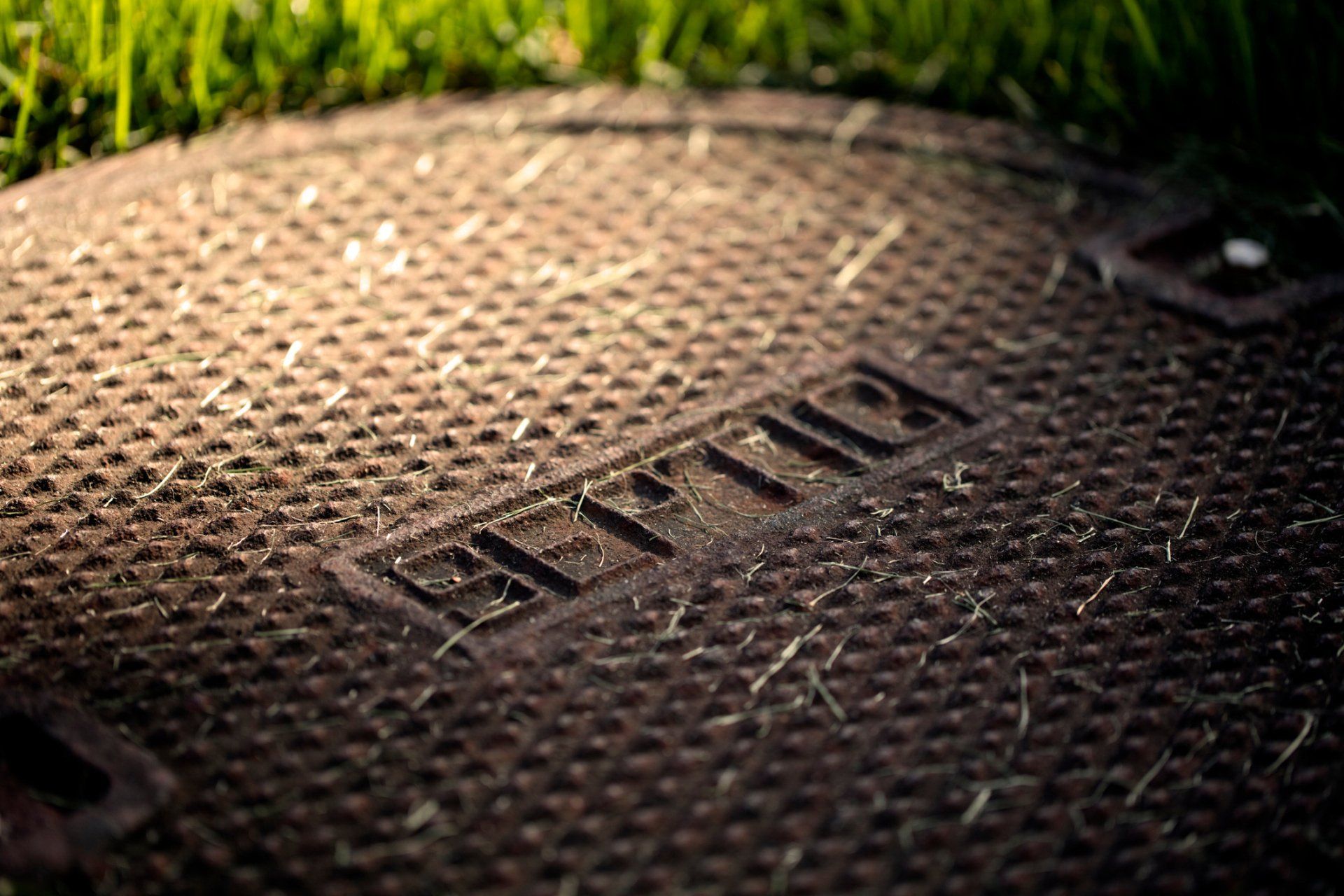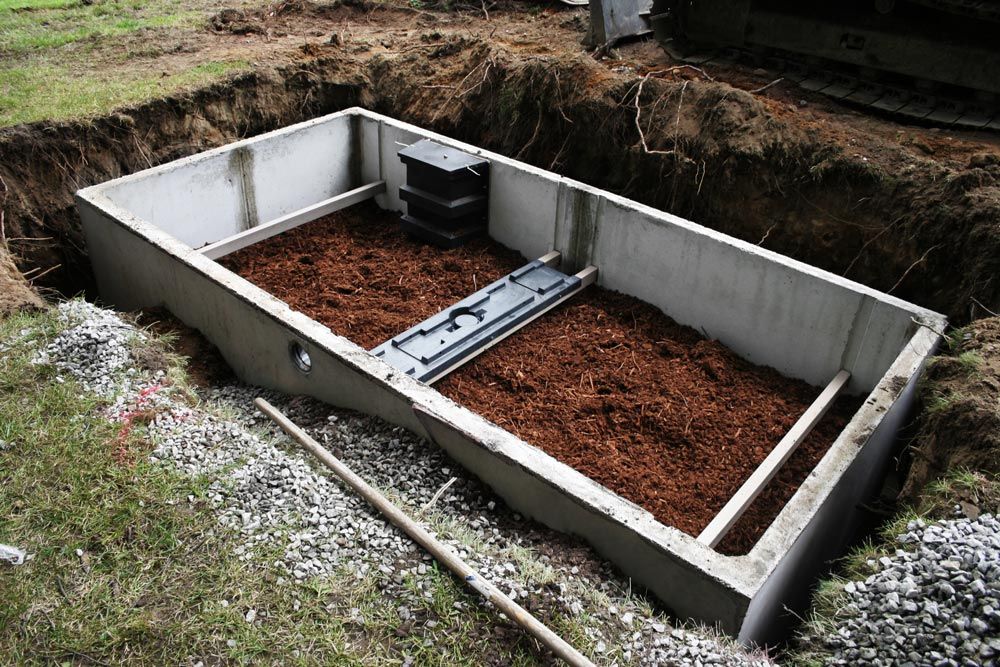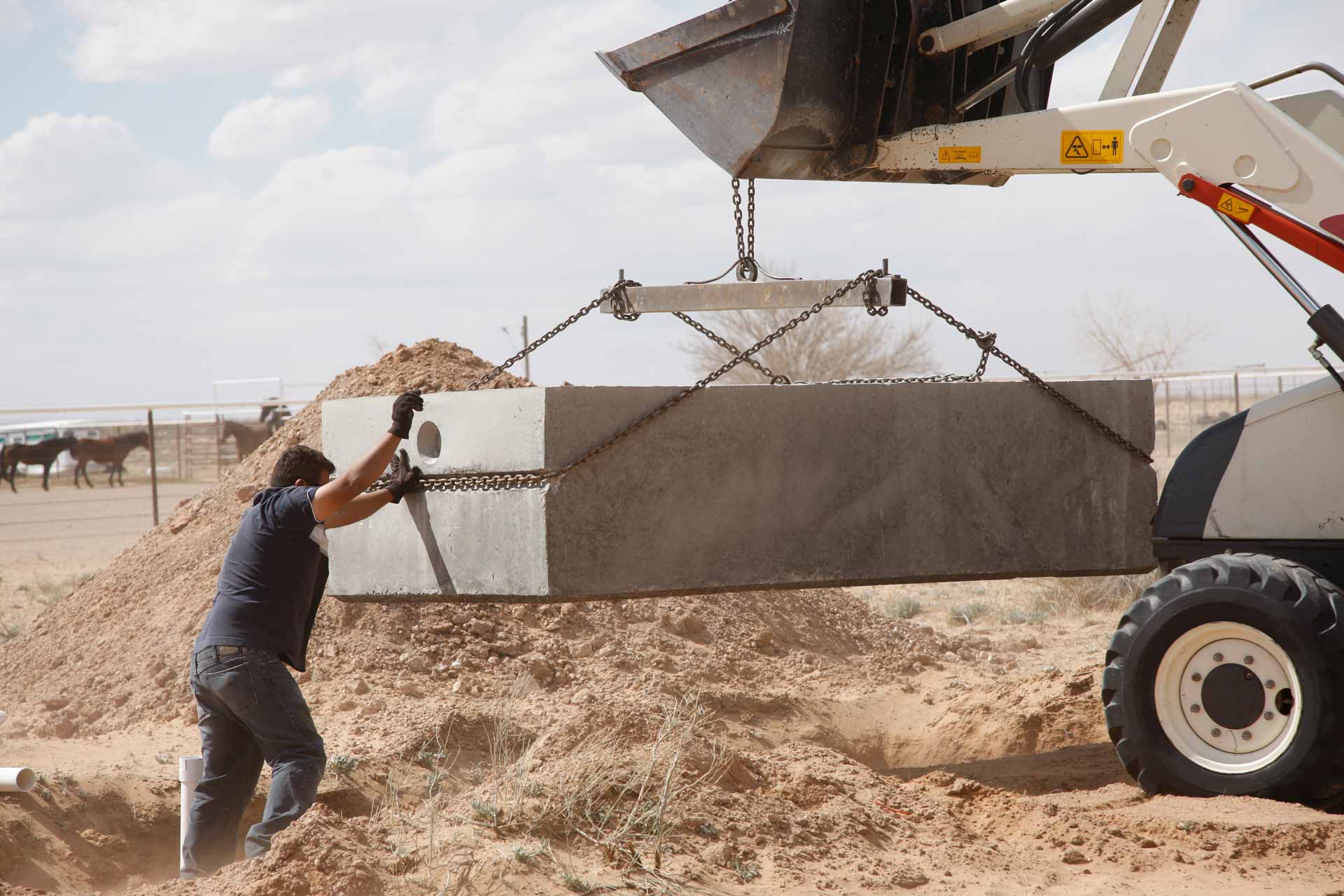4 Legal Considerations for Septic Owners
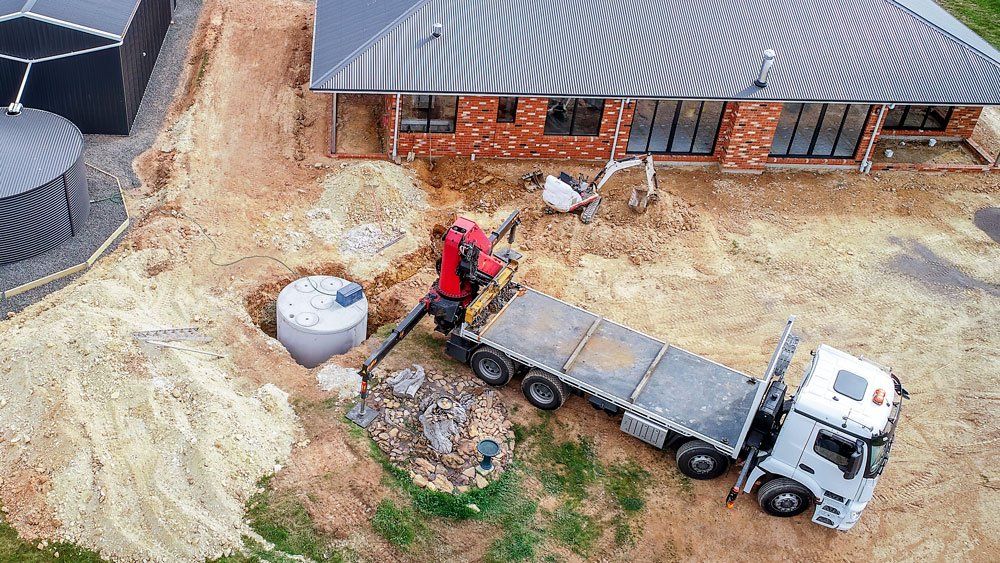
Septic tanks allow you to manage your household’s gray water. Many septic tank design solutions help serve your home and business. When you own a septic tank, you have more responsibility for your waste than you think. These responsibilities apply to you and extend to the people and the environment around you. Read on to learn about five legal factors you must follow as a septic tank owner.
1. Health
Septic tanks help protect you and the surrounding environment. The waste you generate contains bacteria and viruses that cause diseases. The septic tank collects this waste and breaks it down. Then, the remaining, less-harmful wastewater is released into the environment. Ingesting these harmful substances can cause gastrointestinal problems. Therefore, your septic tank must be at least 100 feet
away from any water source or supply line.
You are responsible for your septic tank. Therefore, you should ask for professional services if you suspect leaks in your septic tank. The signs of leakage include foul smells and greener grass around the leech field. You also have the right to sue your neighbors if they ignore their faulty septic systems.
2. Waste Collection
Septic tanks operate as a balanced biological ecosystem. This ecosystem requires a constant balance between microbes and waste for optimal operation. Unfortunately, septic tanks accumulate waste over time. The United States Environmental Protection Agency (EPA) recommends that you pump your septic tank every three to five years.
The intervals of removal depend on:
- How big your household is
- How much wastewater you generate
- How much solids your wastewater contain
- How big your septic tank is
- What electric and mechanical components your septic tank has
All these factors also vary as your septic system also degrades with time.
3. Design
The basic structure of your septic tank consists of concrete, fiberglass, or plastic. These materials ensure your septic tank is watertight and that your untreated waste isn't released into the environment.
The size of your septic tank varies with the size of your household or business. For example, a standard for a four-bedroom house requires a 1,000-gallon septic tank.
A professional must approve the location for your absorption field. This expert can be an environmental health specialist or a soil scientist. In addition, the individual conducts a soil survey on your proposed site. This process ensures that your land can support a functional septic tank and its drain field. The most common tests are percolation tests. These tests measure the efficiency of the soil to treat and move water throughout the year.
The authority grants you a permit to have a septic tank once you have met all the requirements. The local regulation agency then approves the appropriate depth for your absorption field.
4. Inspection and Waste Disposal
Your septic tank should last your household for 15 to 40 years based on how you maintain it. In addition, your septic system should receive regular inspections from licensed septic services professionals who examine the general condition of your septic tank and drainfield. Also, your compound needs to be inspected for tree roots that could damage the septic tank.
Your septic services provider is also regulated under different laws. The Clean Waters Act (CWA) has outlined rules for all companies in waste collection. The CWA requires every company to get legal pollution permits. The permits restrict the amount of waste that gets to water bodies.
Conclusion
You should ensure that your septic tank doesn't harm your health or others'. You must meet the legal requirements of your septic tank. As such, you should never compromise on any factors if you own a septic system. You should work with an approved septic tank company to ensure you meet the set legal requirements. At Pete's Outflow Technicians , we ensure that we meet all your septic tank needs.

